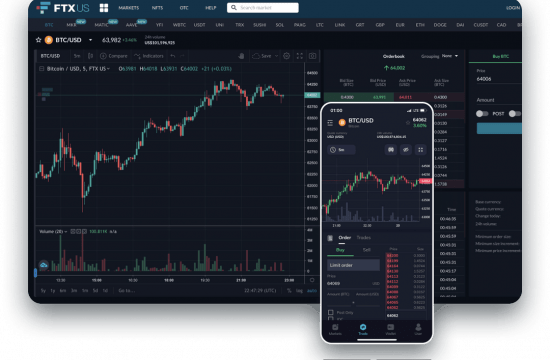El Salvador has become the first country in the world to adopt bitcoin as legal tender. Congress voted in favor of the Bitcoin Law by a “supermajority”: 62 out of 84.
The proposal still needs to go through El Salvador’s whole legislative process before being passed as law. Its use as legal tender will go into law in 90 days.
“The purpose of this law is to regulate bitcoin as unrestricted legal tender with liberating power, unlimited in any transaction, and to any title that public or private natural or legal persons require carrying out”, the proposed law states, adding that the exchange rate with the USD – El Salvador’s official currency – “will be freely established by the market”.
The government will “promote the necessary training and mechanisms so that the population can access bitcoin transactions”, according to the proposed law.
The whole world will be watching as the El Salvador economy adopts Bitcoin in the day to day life, including prices in the supermarkets, tax contributions, and no capital gains tax on Bitcoin.
Legislators see Bitcoin as a way to increase financial inclusion in a country where about 70% of the population has no access to traditional financial services.
“El Salvador has become on Wednesday the first country to adopt Bitcoin as official legal tender, but it will not be the last”, said Nigel Green, CEO of deVere Group.
“Some larger, more powerful countries are trying to quash or slow the inevitable shift to borderless, global, digital currencies. But this small Central American nation has embraced the biggest one of them all – Bitcoin – and recognised it as official legal tender.
“El Salvador has made history and become a true pioneer of the digital age. Where El Salvador has led, we can expect other developing countries to follow. This is because low-income countries have long suffered because their currencies are weak and extremely vulnerable to market changes and that triggers rampant inflation”, Green continued.
“This is why most developing countries become reliant upon major first-world currencies, such as the U.S. dollar, to complete transactions. But reliance on another country’s currency also comes with its own set of, often very costly, problems. A stronger U.S. dollar, for example, will weigh on emerging-market economic prospects, since developing countries have taken on so much dollar-denominated debt in the past decades”.
“By adopting a сryptocurrency as legal tender these countries then immediately have a currency that isn’t influenced by market conditions within their own economy, nor directly from just one other country’s economy. Bitcoin operates on a global scale and is, as such, largely impacted by wider, global economic changes.”












